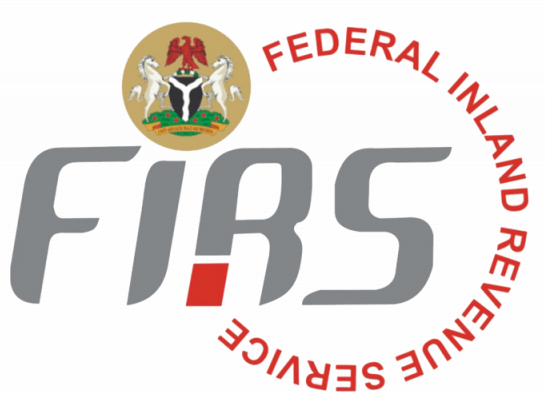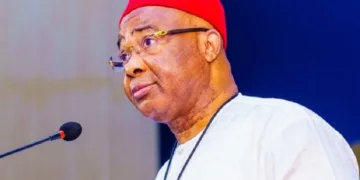As part of efforts to plug revenue leakages and strengthen Nigeria’s tax administration, the Federal Inland Revenue Service (FIRS) has launched a strategic engagement with key public sector stakeholders to address lapses in tax deductions and remittances across Ministries, Departments, and Agencies (MDAs).
The engagement, which brought together representatives of the FIRS and the Office of the Accountant General of the Federation (OAGF), held in Abuja, focused on the theme, “Enhancing Tax Compliance through Collaboration.” The forum was designed to tackle persistent issues in tax compliance within the public sector and foster deeper institutional collaboration.
Speaking at the opening session, the Chairman of the FIRS, Dr. Zacch Adedeji, said the primary objective of the two-day workshop was to co-design practical solutions that would close gaps in withholding tax deductions, Value Added Tax (VAT) remittances, and stamp duty administration among MDAs.
“Despite technological advances through platforms like GIFMIS and TaxPro MAX, we continue to observe lapses in withholding tax deductions, VAT remittances, and stamp duty administration in the MDA space,” Adedeji said. “These gaps—many of which stem from technical limitations and a knowledge deficit on tax compliance requirements—result in significant revenue losses and recurrent audit issues.”
He emphasised that the engagement was not a mere conference, but a strategic move to reset Nigeria’s tax compliance culture through collaboration and capacity building. “Our credibility as public institutions is tested first by our own adherence to tax regulations,” he stated. “If we must grow revenue to meet our national development priorities, then we must begin by ensuring that public sector actors play by the rules—and help others do the same.”
Adedeji underscored that the success of the engagement would be measured not by the quality of discussions, but by the institutional actions that follow.
He outlined key steps the FIRS intends to pursue jointly with the OAGF, including: Building stronger bridges between FIRS and the OAGF, establishing clear reporting and escalation channels for tax remittance lapses, embedding tax compliance education into the training curriculum for public finance officers, and creating feedback loops to evolve both GIFMIS and TaxPro MAX to meet public sector needs.
The FIRS chairman also noted that government compliance with tax laws sets the tone for the private sector and builds trust in Nigeria’s tax system. “When government institutions are tax-compliant, the message it sends to the private sector and to citizens is powerful: that no one is above the law, and that transparency begins at home.”
In his remarks, the Accountant-General of the Federation, Babatunde Ogunjimi, echoed the need for institutional synergy to meet President Bola Tinubu’s target of achieving a $1 trillion economy by 2030. He described taxation as the “lifeblood of any economy” and praised the FIRS for its efforts in expanding the tax net and digitizing revenue collection processes.
“One of the key objectives of the Renewed Hope Agenda of Mr. President is to diversify revenue sources and reduce reliance on volatile oil revenues,” Ogunjimi said. “To achieve this, collaboration between revenue-generating agencies and other stakeholders becomes indispensable.”
He added that the forum provided a timely platform for both agencies to align their strategies, improve accountability, and address longstanding challenges hindering optimal tax collection.
“By leveraging technology, strengthening accountability, and promoting transparency and probity, we can significantly enhance compliance and boost government revenue for sustainable development,” he said.
Ogunjimi expressed confidence that the resolutions from the engagement would lead to actionable reforms that strengthen Nigeria’s public finance management and support inclusive economic growth.
The workshop featured in-depth sessions on the FIRS 2025 Strategic Roadmap, the VAT regime, withholding taxes, and stamp duties. Participants also explored how the integration of technological tools can support real-time remittance tracking and improve data reconciliation.
We’ve got the edge. Get real-time reports, breaking scoops, and exclusive angles delivered straight to your phone. Don’t settle for stale news. Join LEADERSHIP NEWS on WhatsApp for 24/7 updates →
Join Our WhatsApp Channel










